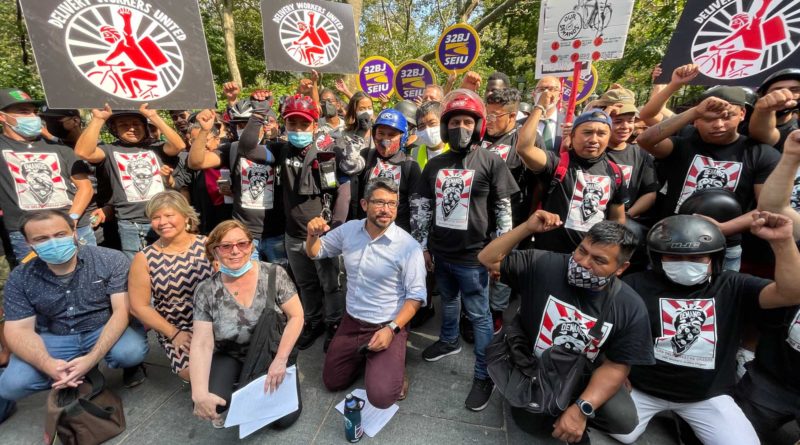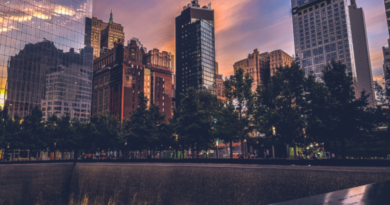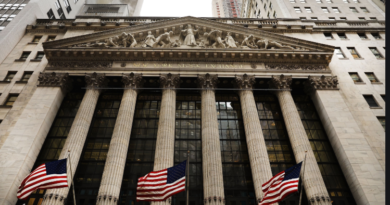New Legislation Requires Uber Eats, DoorDash to Improve Conditions for Gig Workers
On September 23, 2021, the New York City Council voted to approve a package of legislation to improve work conditions for app delivery workers. The bills now proceed to Mayor Bill de Blasio, who has already expressed support for the measures. Mayor de Blasio has 30 days to sign the bills into law, veto the bills, or take no action. The bills will take effect after the mayor has signed them.
The legislation will require all types of employers, including food delivery apps like GrubHub, UberEats, and DoorDash, to increase wages and lessen restrictions upon workers. Since delivery workers pick up work by the job, they are considered independent contractors. The Workers Justice Project, a Brooklyn-based campaign, has helped delivery workers come together in the collective Los Deliveristas Unidos to advocate for their rights.
“After a year of fighting, Los Deliveristas have achieved this win. These laws now will let app delivery workers set their maximum distances for orders, prohibit penalties for rejecting orders, and require restaurants to provide access to bathrooms for workers picking up a delivery. The set of bills is widely supported by customers and app delivery workers. The legislation highlights the need for government to regulate what for years had been an unregulated industry,” said Hildalyn Colón Hernández, director of policy and strategic partnerships for Los Deliverista Unidos (LDU), an association of app-based delivery workers.
Colón Hernández said the legislation would also help combat concerns about acquisitions. A recent example is Uber’s purchase of Postmates in November 2020.
“When we see competition between app developers increase, the result is less favorable working conditions for delivery workers,” said Colón Hernández.
Colón Hernández said there is also a worry that delivery app companies have been working in opposition to some of the City’s goals.
“During Tropical Storm Henri in August, the City discouraged travel. Large delivery companies paid delivery workers $1 an hour more to deliver products during record-setting rains. What’s necessary beyond these bills is for government agencies to give mandates regarding workers’ safety. They also need to have conversations with app developers,” said Colón Hernández.
In the coming months, cold and access to electricity will become obstacles.
“Delivery workers are going to be waiting out in the cold in the park to pick up jobs. They should be able to wait somewhere warmer and safer. They will need equipment to charge batteries for devices to ensure they keep working. Safety from robbers and cars on the road are other issues. We hope to address all of these problems through additional legislation,” said Colón Hernández.
Colón Hernández said New York City Council Members Carlina Rivera of District 2, Justin Brannan of District 43, Carlos Menchaca of District 38 and Brad Lander of District 39 were instrumental in helping develop and advance the package. She added the effort to gather support for the legislation had increased unity among delivery workers of different ethnic backgrounds.
“LDU started out with many Latinx members. We now have a high number of Bangladeshi and African members. The movement allows delivery workers and customers who do not speak the same language to find common ground. When members and customers see an LDU sticker, they give the rider a thumbs up,” said Colón Hernández.
For more New York City Technology news and culture, follow us on Instagram, Twitter @NYCWired, and sign up for our Newsletter below.




